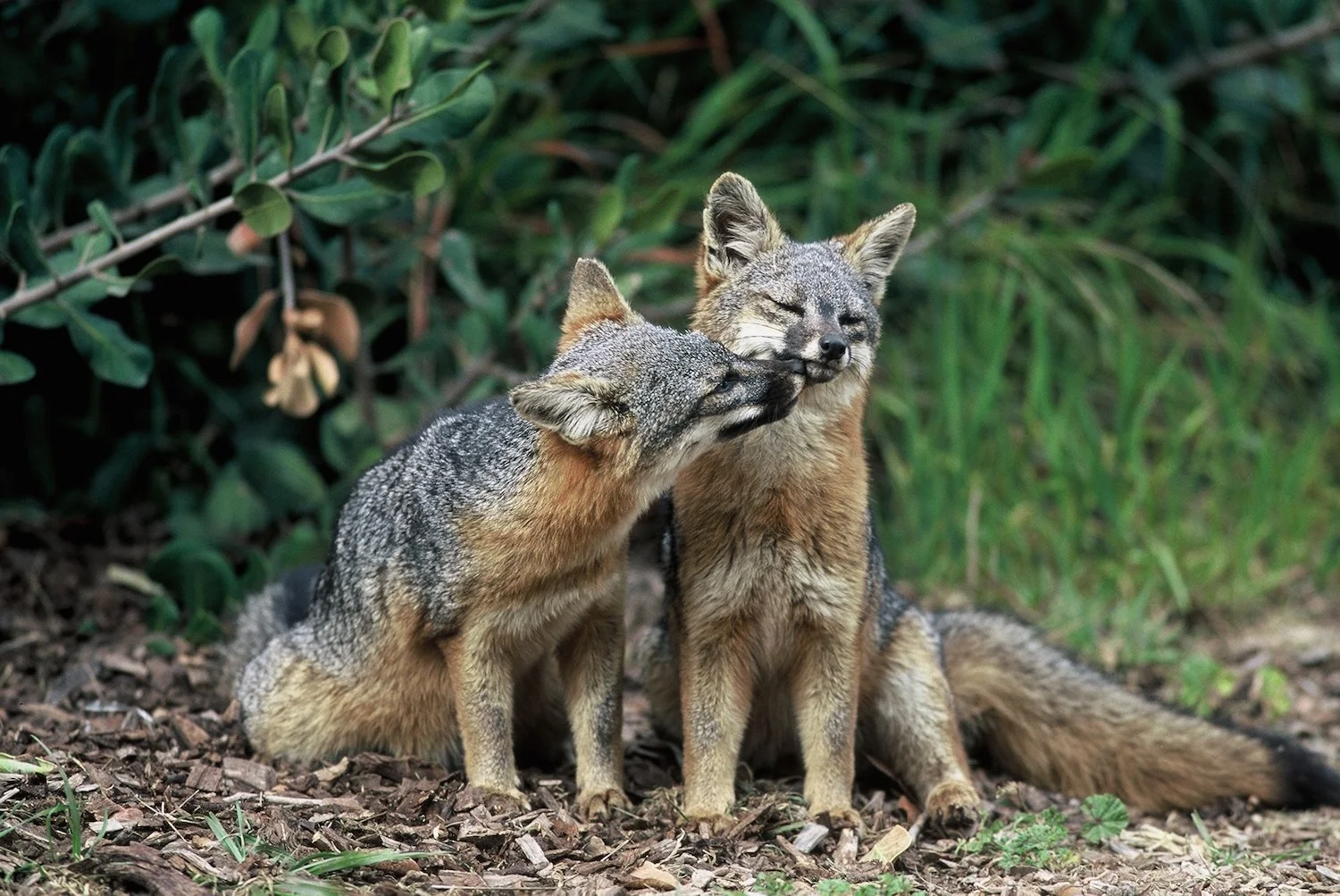We use genomic tools to investigate the patterns and consequences of diversity loss in non-model species.
The genome is a dynamic reflection of an individual’s—and a population’s—evolutionary history, shaped by forces such as mutation, selection, drift, and gene flow. By analyzing genomic data across spatial, temporal, and taxonomic scales, we explore how genetic diversity is gained, maintained, or lost over time. Our work spans from detecting recent population bottlenecks to uncovering ancient admixture events, with the ultimate goal of understanding how evolutionary processes influence the resilience, adaptation, and long-term viability of species.
In addition to basic research, we collaborate closely with conservation managers in federal agencies, non-profit organizations, and local governments to translate genomic insights into actionable strategies. This includes co-developing genetic monitoring frameworks, informing species status assessments, and guiding management plans for threatened and endangered populations. By bridging evolutionary biology and applied conservation, we aim to ensure that cutting-edge genomic tools directly support the stewardship and recovery of biodiversity in a rapidly changing world.
Below we outline just some of our focal species and projects. The lab’s focus is on carnivores, but our collaborative projects include work on elephants, sharks, and reptiles.
Captive Tiger Genomics
The vast majority of the world’s tigers (Panthera tigris) now live in captivity—estimated to outnumber wild tigers by as much as five to one. Yet, fewer than 1% of these captive individuals are housed in accredited zoos or sanctuaries. Most are bred in unregulated facilities, including “tiger farms,” which fuel demand for tiger products used in traditional medicines, luxury décor, and status symbols, thereby sustaining the global illegal wildlife trade (IWT) and compounding threats to wild populations. Despite the scale of this captive population, remarkably little is known about its genetic composition—a growing concern as wild populations continue to decline. Building on prior work that characterized the ancestry of U.S. captive tigers, we are expanding this effort into a global genomic survey of captive tiger lineages. In collaboration with the U.S. Fish & Wildlife Service (USFWS) Wildlife Crime Lab, we are also developing a custom SNP panel capable of determining relatedness, ancestry, sex, and individual identity from confiscated wildlife materials to support IWT prosecutions. Additional efforts include the assembly of an updated, high-quality tiger reference genome to advance future conservation genomics research. This work on tigers—and big cats more broadly—is being led by Ph.D. student Holland Conwell.
Channel Island Foxes
The island fox (Urocyon littoralis), endemic to California's Channel Islands, offers a unique opportunity to investigate evolutionary dynamics in small populations recovering from severe bottlenecks. Despite reduced genetic diversity and purported high genetic load, these foxes recovered following severe bottleneck events in the 1990s. Uniquely, intense management of fox populations, which included the collection of genetic material and life history data, offers the opportunity to investigate the dynamics of the bottleneck and recovery of island fox populations. We are integrating genomic, pedigree, and life history data to uncover mechanisms driving the foxes’ persistence and inform conservation strategies for small populations. To accomplish this work, we are working closely with managers from across the islands, including collaborators from The Nature Conservancy, National Park Service, the US Navy, and the Santa Catalina Island Conservancy. We also work with collaborators from the Mooney Lab who complement our work with simulations and demographic modeling. The work on our tiny fox friends is being led by PhD student Elisabeth Leung.

